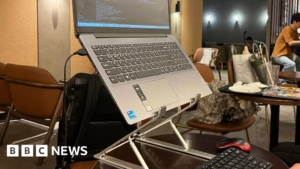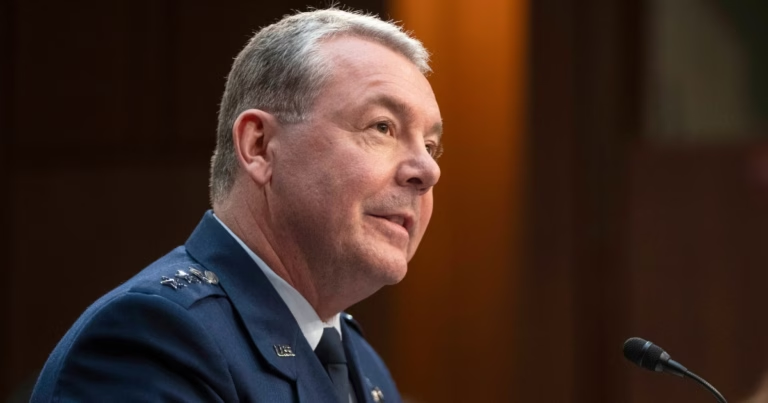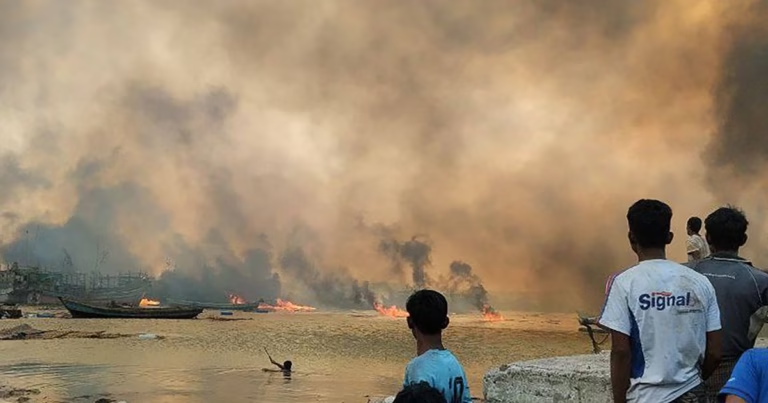Dr. Alserr was arrested with other healthcare workers at Nasser Hospital in Khan Younis in March last year, after they chose to stay to care for patients despite an Israeli attack on the hospital the month before.
Human rights organizations say these arrests are part of Israel’s strategy of targeting healthcare workers, pointing to the detention of more than 250 Palestinians working in healthcare.
In its report on the Torture of Medical Workers in Israel, Physicians for Human Rights, Israel (PHRI) documents the arbitrary detention and mistreatment of healthcare personnel in Gaza.
‘They’ll cut off your fingers because you are a dentist’
Speaking from Gaza, amidst the chaotic sounds of a bustling ward, Dr. Alserr details his detention. He recalls being removed from the hospital with other medical staff, made to undress in public, and tied with plastic constraints.
He was interrogated three times, twice by soldiers and once by members claiming to be from Israeli security services. These interrogations aimed to extract information that could assist Israel in its operations in Gaza, in violation of the Geneva Convention’s protections for medical workers.
More than 250 Palestinian healthcare workers, including doctors, nurses, and paramedics, have been detained by Israel during the conflict, with over 150 still in custody according to PHRI.
Of those interviewed for the NGO’s report, all were subjected to interrogations without formal charges or evidence against them, threatened, beaten, and humiliated in attempts to gather intelligence on captives, tunnels, and Hamas activities.
Dr. Alserr recounts being held with two other civilians, subjected to prolonged violence, and hearing soldiers discuss executing them. He was detained for over six months, part of which was in complete isolation under Israel’s Unlawful Combatants Law.
This is unlawful on numerous counts
PHRI’s Najji Abbas asserts that these detentions are legally and ethically wrong, pointing out that healthcare workers are a protected category under international law. The abuse and mistreatment of these workers, he argues, suggests a deliberate policy rather than isolated incidents.
Physical and psychological torture suffered by healthcare workers, including sexual violence, leaves lasting scars. Abbas highlights how these actions aim to degrade Palestinian men, particularly doctors, stripping them of their dignity.
A history of violence
Reports of Israeli forces using torture to extract intelligence from healthcare workers are not isolated incidents. The cases of hospital directors and healthcare workers like Dr. Hussam Abu Safia and Dr. Adnan al-Bursh underscore the ongoing and systemic nature of such violations.
An HRW report on the subject calls for an International Criminal Court investigation, while the UN Special Rapporteur has drawn attention to the violent and possibly fatal mistreatment of healthcare workers in Israeli custody.
Dr. Alserr returns to the call after attending to an emergency in his ward, expressing deep pain and a sense of irreversible trauma. Despite his efforts to heal and stay occupied with his work, the scars of his experience remain profound.








